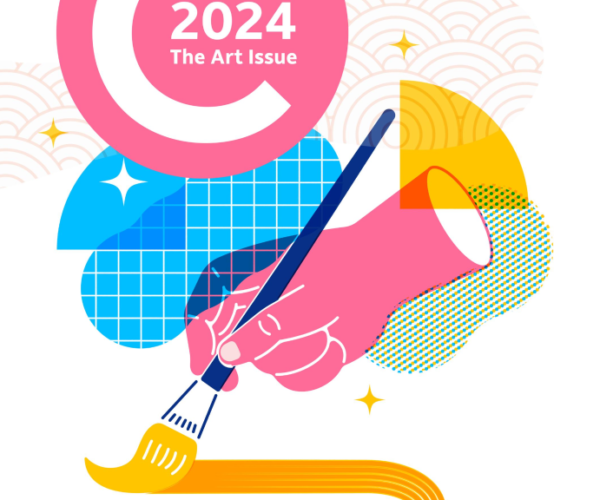This article is a web original
Marco Cian
[Note, this article was written before the charges of domestic abuse were levied at lead actor Jonathan Majors. It is in no way intended as an endorsement of him or his actions, and if his conviction makes readers uncomfortable with checking out this work, that is a fair and valid response.]
The driving concept behind Lovecraft Country makes sense. A precarious existence that lives or dies by the whims of indifferent powers beyond one’s control is, far from a mad fantasy, daily life for many African-Americans, especially in the 1950’s when Lovecraft Country is set. So you might think the show’s goal is to use Lovecraftian horror to highlight a more ordinary horror, while also criticizing HP Lovecraft’s personal racism. However, the actual story is much more interesting.
There’s a bit at the beginning where Atticus, the main character, tells a fellow bus passenger about the book he’s reading, A Princess of Mars. When the passenger confronts Tic on enjoying a book about a Confederate soldier, Tic says that you can’t ignore the bad things about books, but there are still reasons to enjoy them, and this idea gets revisited throughout the series. Tic and his father have had a tumultuous past and Tic must, if not forgive his father, at least come to understand him. Tic and Letty, the heroine, both want to have a relationship but never had positive romantic role models growing up, so they struggle to deal with their own and each-other’s issues. And the country the main characters live in is an inherently unfair one, but they just want to live in it as best they can and get by.
What August Derleth and various other Lovecraft imitators never understood was that, because we are so insignificant to cosmic horrors, they make for boring villains. Really interesting conflict comes from human beings trying to meddle with these cosmic forces and impose their own rules onto things-man-was-not-meant-to-know. Lovecraft Country is not subtle with its human villains, and some might find its portrayal of racist characters cartoonish. However, it’s important to remember that the racist characters in Country are no more racist than Lovecraft himself or his protagonists. The racism is now simply presented as villainous instead of heroic. And what sets Lovecraft Country apart from many Lovecraft pastiches is its assertion that, because these human rules hold no sway on a cosmic scale, this means we can make new rules. This is probably why, of all Lovecraft’s creations, the Shoggoths and the Great Race of Yith are the ones who show up. The Shoggoths rebelled against their masters, and the Yithians are so far removed from humanity that they don’t see any point in antagonizing us.
Instead of nihilism, Lovecraft Country is a story about hope. While to Lovecraft magic was typically a thing-man-was-not-meant-to-know, or a means by which wizards sought to tame powerful forces, to Tic and the other main characters, it’s a means of freedom: the ability to protect themselves and their homes and to feel like full human beings. The show is too realistic to present the upcoming 1960’s as an end to racism. But it does at least offer a hopeful message, even in a cosmically unjust world, with the same flair and fun of a classic Weird Tale.
Marco Cian is a first-year ALT in Toyooka, Hyogo. He would like to remind everyone that R’lyeh is not, in fact, an island, but rather a crashed spaceship. Also Dagon is not a deity, just the Adam to Mother Hydra’s Eve. Also also you should read “The Rats in the Walls”. It’s superb. He should probably stop gushing about Lovecraft’s work before his bio becomes longer than his review. You can find him on his website here.



![CONNECT ART ISSUE 2024 SUBMISSIONS [CLOSED]](http://connect.ajet.net/wp-content/uploads/2024/04/ARTISSUE-INSTA-600x500.png)





